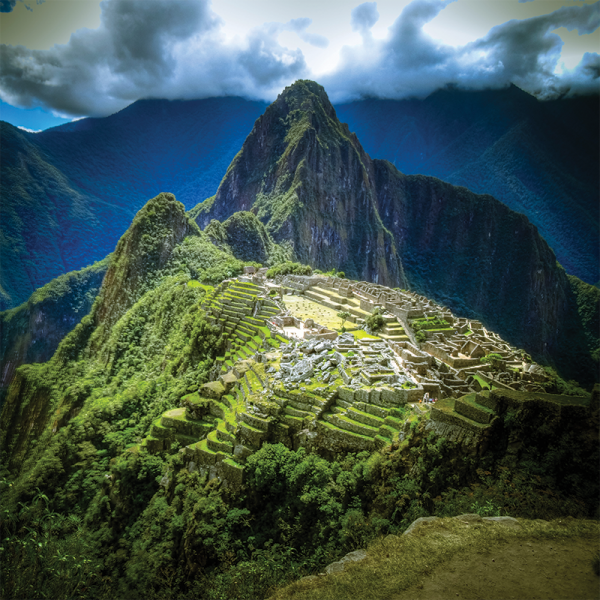Archaeology Major
As an archaeology major, you will study the origin, development, and evolution of human culture, as exhibited in the material record—evidence of "fossilized" cultural behavior as recovered from lost tools, collapsed and abandoned living structures, accidentally preserved food remains, caches of sacred items, cave paintings, and the like. Please note this program is housed in the Anthropology Department.
sample courses:
An examination of the Inca empire in Peru, and the Maya and Aztec empires in Mexico, through the inquiry into the roots, development, form, and evolutionary history of pre-Colombian civilization in each region from its earliest times to the rise of the classic kingdoms. Examples of respective artistic accomplishments are presented and discussed.
Human societies are situated within and interact with their ecological and environmental systems. Even social relationships within and between groups imply spatial relationships and geographic orientation, advantages, influence and limitations. Beyond subsistence, environment and the "natural world" play an integral role in how humans pattern the landscape, structure society, develop their world view, and, in turn, alter and adapt the world in which they live. This upper-division undergraduate and graduate seminar course introduces students to anthropological conceptions of human-environmental relationships, past and present. Topics include environmental and landscape archaeology; historical, political, and human behavioral ecology; world view and conceptualizations of nature; human adaptation, resilience theory, and niche construction; anthropological case studies; the intersections of humans, animals and the environment; and end with environmental politics.
our students have gone on to become:
Archaeologists
Anthropologists
Art Historians
GIS Analysts
Historic Site Curators
Museum Directors
Researchers
Professors
